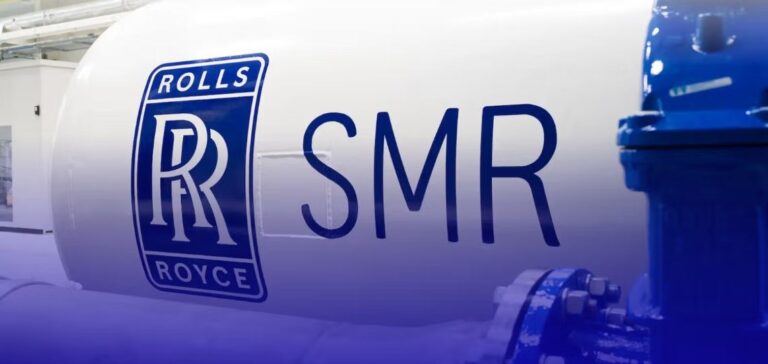Siemens Energy announced on February 28, 2025, a strategic partnership with Rolls-Royce to supply equipment for the small modular reactors (SMRs) developed by the British manufacturer. Under this agreement, Siemens Energy will be the exclusive supplier of conventional technologies, such as steam turbines and generators, for these next-generation nuclear power plants. The financial terms of the deal have not been disclosed.
Advanced Small Modular Reactors (SMRs)
Advanced Small Modular Reactors (SMRs) are a smaller, more flexible version of traditional nuclear reactors, designed to be manufactured in series and easily transported to their operational sites. Their simplified design reduces construction and maintenance costs while offering installation opportunities in areas with limited infrastructure. These reactors have attracted the attention of several countries looking to reduce their carbon emissions while ensuring a stable supply of electricity.
The strategic role of Siemens Energy
Karim Amin, a member of the Board of Siemens Energy, stated that SMRs will play a crucial role in the global renaissance of nuclear energy. He noted that these technologies are key to the energy transition, with an increasing number of countries seeking to adopt low-carbon nuclear solutions. Siemens Energy, a long-time supplier of components for the non-nuclear parts of nuclear power plants, believes this agreement marks a turning point in the company’s commitment to the civil nuclear sector.
International SMR projects
Several European countries, including France, the UK, Italy, and the Czech Republic, are considering adopting this technology to complement their energy mix. Although Germany closed its last nuclear plants in 2023, the conservative government elected in 2025 has expressed interest in small modular reactors as an alternative for future energy needs.






















